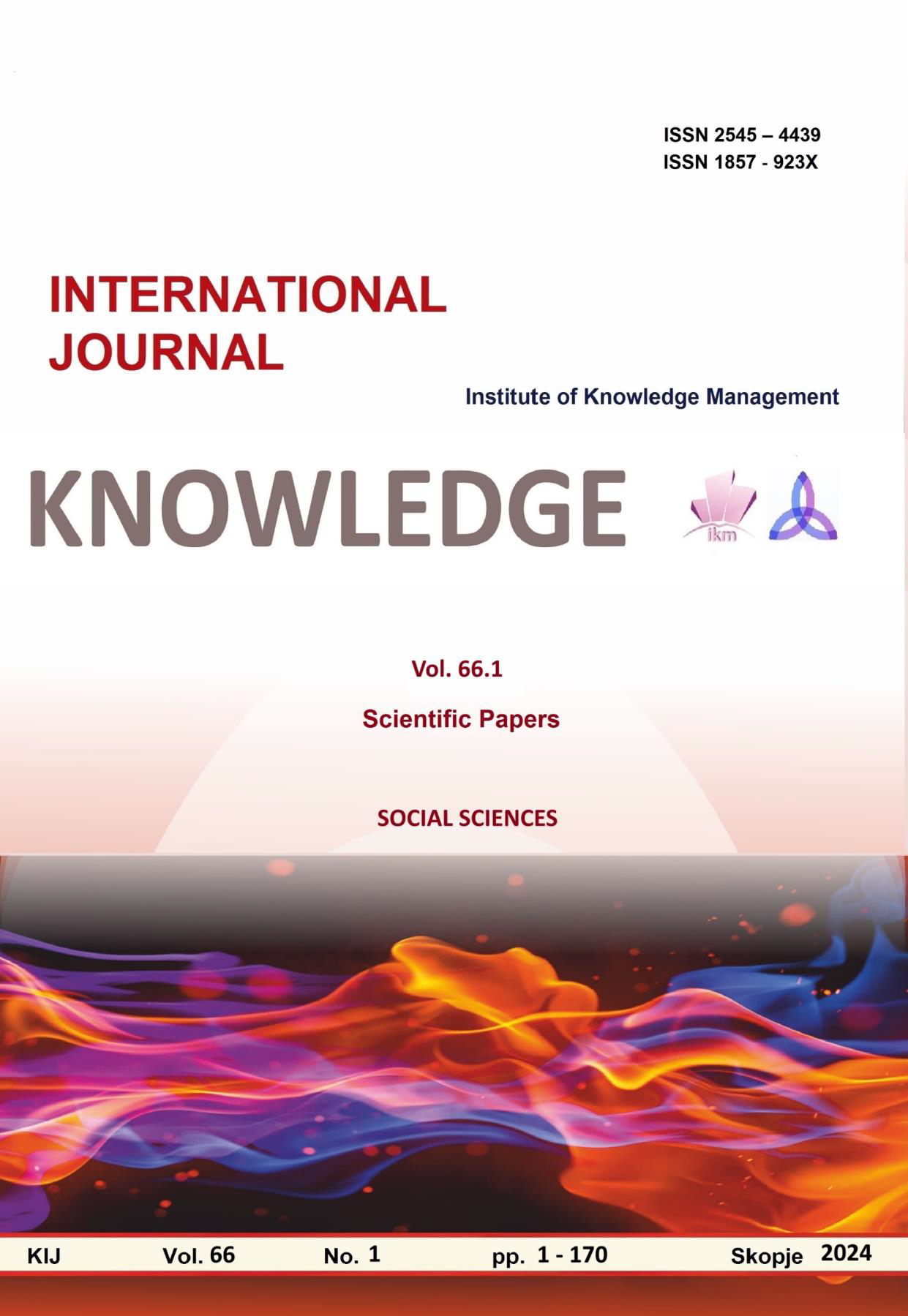POLICING STRATEGIES AND THEIR IMPACT ON COMMUNITY RELATIONS
POLICING STRATEGIES AND THEIR IMPACT ON COMMUNITY RELATIONS
Author(s): Adela BuçpapajSubject(s): Social Sciences, Sociology, Criminology
Published by: Scientific Institute of Management and Knowledge
Keywords: Community-oriented policing (COP);Problem-oriented policing (POP);Zero-tolerance policing;Predictive policing;Community relations;Cooperation;Public safety;Law enforcement strategies
Summary/Abstract: This paper explores the complex landscape of modern law enforcement strategies and their profound impact on community relations. It meticulously analyzes four prominent policing strategies: community-oriented policing (COP), problem-oriented policing (POP), zero-tolerance policing, and predictive policing. The primary objective is to provide a detailed and comprehensive overview of how these diverse approaches shape trust, cooperation, and perceptions of safety within various communities. Community-oriented policing emphasizes building strong relationships between police officers and community members. This strategy seeks to cultivate mutual trust and cooperation, resulting in collaborative problem-solving and improved community well-being. Problem-oriented policing, by contrast, focuses on identifying specific issues that contribute to crime and disorder, developing targeted interventions to address these problems effectively. Zero-tolerance policing operates on the principle of strict enforcement of minor offenses to prevent more serious crimes, based on the “broken windows” theory. While it can lead to immediate crime reduction, it often faces criticism for potentially straining community relations and disproportionately affecting marginalized groups. Predictive policing utilizes advanced data analysis and algorithms to forecast potential crime hotspots, enabling more efficient allocation of law enforcement resources. However, it raises significant concerns regarding privacy, algorithmic bias, and transparency. This paper explores the benefits and drawbacks of each strategy through empirical evidence and case studies. It underscores the importance of community engagement, transparency, and accountability in fostering positive relationships between law enforcement agencies and the communities they serve. By examining the implications of these strategies, this paper aims to contribute to the ongoing discourse on effective policing practices that not only ensure public safety but also promote community trust and cooperation.
Journal: Knowledge - International Journal
- Issue Year: 66/2024
- Issue No: 1
- Page Range: 175-179
- Page Count: 5
- Language: English

